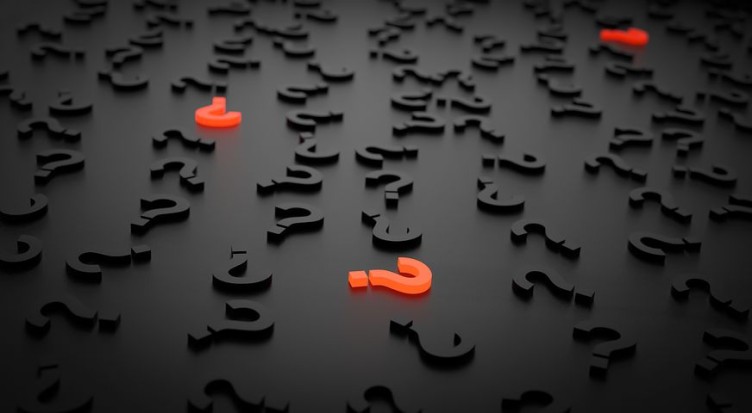In the sales management circles there is a big discussion on how important is experience in predicting sales success.
Some companies say recruiting salespeople with experience is a surefire way to get salespeople who are performing. I don’t know if I really agree, so I found out what we know and can substantiate. There are certainly even more studies out there, but at least this study shows something that supports my experience.

I just want to highlight how important experience is versus other variables in predicting the performance of selling staff. Florida State University has done 81 studies on the subject that included both sales organizations and customer service people. They measured both sales volume and follow-up of performance targets.
They found that experience is not a good indicator for predicting success. However, they found that short-term experience is important in the first three months, but over time, experience became less and less important.
In addition, we already know that the business/sales culture in a company can have a huge influence on the individual’s performance.
We look at the importance of sales hindrance (Sales Call Reluctance), i.e. an individual’s thoughts, feelings and behaviors that affect the ability to connect with prospects and customers, they have four times more effect on predicting success than experience. On the other hand, we know that it takes 8 weeks before a salesperson starts to have the same sales call reluctance as the management in the company, ie the company’s sales / business culture.
So, what do I recommend?
Well, that companies screen the candidates you get as applicants or those you capture proactively and look for evidence that correlates with success in the work. We use the psychometric test SPQ Gold/FSA. I think you should use job-relevant tests as well. If a key factor in success is that the salesperson prospects and makes customer visits, use the test we use. If it is important that the salesperson is competition-oriented, measure that too, etc.
We have found that the best predictor is reality. How a salesperson performs in the first three to six months turns out to be an incredibly strong predictor of non performance and performance . Better than all tests. The correlation in the studies we have done shows that year after year we get result that figures around 0.83 between how the salesperson performs after six months compared to how they perform two years later. If after six months if I am a high achiever, the probability is very high that I will still be one in two years. Unfortunately, the opposite is also true. In other words, if you are using tests to predict activity you are on the right track.
Are there exceptions? Of course, it does. With the right efforts, most people can change their behavior if they want to. We have experienced this several times when we have worked to reduce the level of Sales Call Reluctance and increase the productivity of the sales organization. There will be big positive changes.
Today, many companies find it difficult to get hold of salespeople. Then perhaps people with the right conditions and behavior but without as much experience given good and the right proper training, can be the answer to many sales organizations’ lacks salespeople.
Written by Christer B. Jansson

